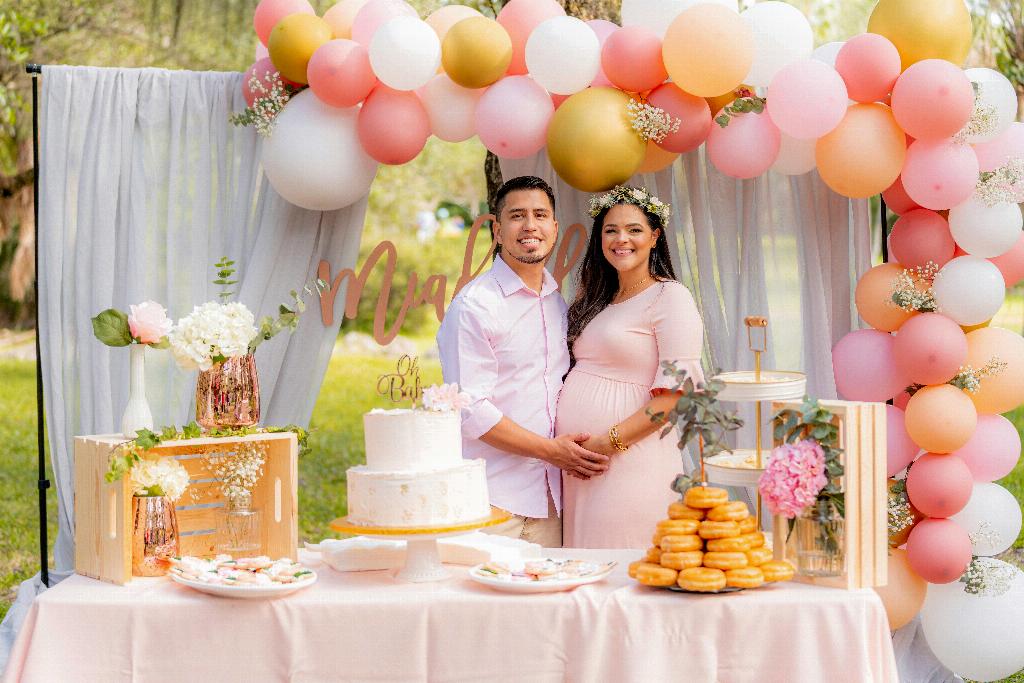For expecting mothers, the question of whether it is safe to consume caffeine during pregnancy can often be a source of concern and confusion. Among the myriad of dos and don’ts that accompany pregnancy, the issue of caffeine intake remains a topic of debate among medical professionals and mothers-to-be alike.
The Role of Caffeine in Pregnancy
Caffeine is a widely consumed stimulant found in coffee, tea, soft drinks, and various other beverages and food items. Its effects on the body, particularly during pregnancy, are a subject of ongoing research and discussion. While excessive caffeine intake has been linked to negative outcomes, moderate consumption is generally considered safe for most pregnant women.
Understanding Safe Levels of Caffeine Intake
Research indicates that consuming up to 300 mg of caffeine per day during pregnancy is unlikely to pose significant risks to maternal health or fetal development. This amount is roughly equivalent to two 8-ounce cups of coffee or four 8-ounce cups of black tea. However, individual tolerance levels may vary, and some women may be more sensitive to caffeine’s effects than others.
Potential Risks of Excessive Caffeine Consumption
It is essential to note that exceeding the recommended daily limit of 300 mg of caffeine during pregnancy may lead to various concerns. High caffeine intake has been associated with an increased risk of miscarriage, preterm birth, low birth weight, and other adverse outcomes. Therefore, moderation remains key when it comes to caffeine consumption for expectant mothers.
Consulting Healthcare Providers
As with any dietary or lifestyle choice during pregnancy, it is crucial for women to consult their healthcare providers for personalized guidance and recommendations. Medical professionals can offer individualized advice based on factors such as overall health, medical history, and pregnancy progression.
Monitoring Caffeine Intake
Keeping track of daily caffeine consumption is a practical way for pregnant women to ensure they stay within safe limits. Many food and beverage products list their caffeine content on packaging, making it easier for consumers to monitor their intake. Being mindful of hidden sources of caffeine, such as certain medications or energy drinks, is also important.
Listening to Your Body
Ultimately, every pregnancy is unique, and what works for one woman may not be suitable for another. Paying attention to how your body responds to caffeine and adjusting your intake accordingly can help you navigate this aspect of pregnancy more confidently. If you experience any unusual symptoms or discomfort after consuming caffeine, it is advisable to consult with your healthcare provider.
Weighing the Benefits and Risks
While moderate caffeine consumption is generally considered safe during pregnancy, it is essential to weigh the potential benefits against the risks. For many women, enjoying a cup of coffee or tea can provide a welcomed energy boost and moment of relaxation amidst the demands of pregnancy. By making informed choices and being mindful of your body’s signals, you can find a balance that works for you.
Focusing on Overall Wellness
In addition to monitoring caffeine intake, pregnant women are encouraged to prioritize overall wellness through a balanced diet, regular physical activity, and adequate rest. Maintaining a healthy lifestyle throughout pregnancy can benefit both mother and baby and contribute to a smoother pregnancy experience.
Final Thoughts
While the question of consuming 300 mg of caffeine during pregnancy may raise valid concerns, current evidence suggests that moderate intake is unlikely to cause harm. By staying informed, listening to your body, and seeking guidance from healthcare providers, you can make choices that support your well-being and the health of your baby during this transformative time.

